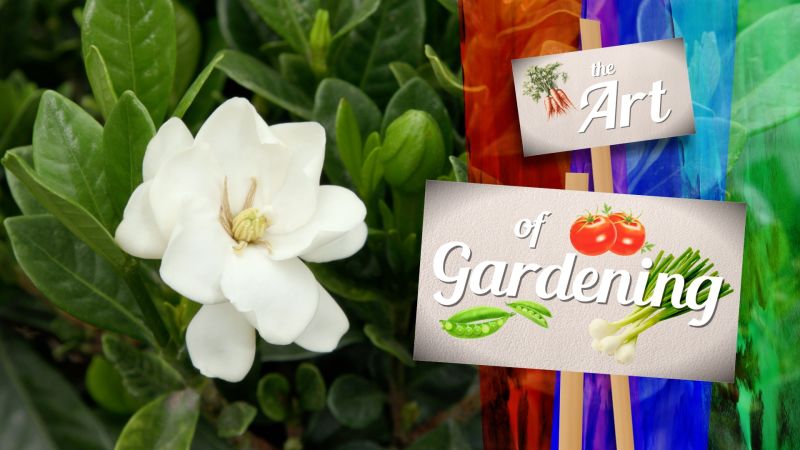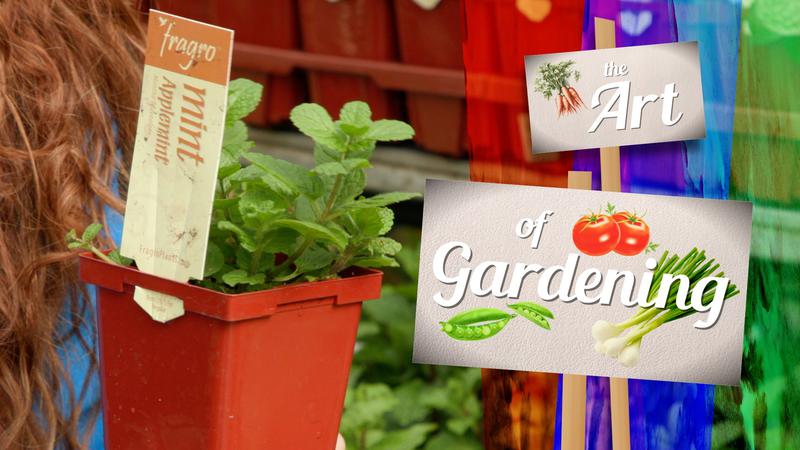Our societal habit of not facing the true cost of life
KAMLOOPS – A few days ago, I was caught, yet again, in a conversation about lawns in Kamloops. How they should be green and the fact that some people manage to maintain them green all summer despite heat and water shortages, is but proof that it can and it should be done. Aesthetics matter.
Indeed, water shortage is not the first thing that comes to mind these days. After seeing creeks and rivers inflate with snowmelt, and lakes growing to scary sizes, many would think we have too much water to begin with, so why not water lawns daily or at least every other day to prevent dryness from setting in?
Because freshwater supplies are limited. Yes, Canada has plenty of it, but a recent assessment of the watersheds by the WWF Canada (where data exists, though information is generally lacking), concluded that many of our precious freshwater sources are under threat due to pollution, climate change and excessive water use to name a few. An average daily consumption of 330 litres of water per person – though some communities do not even have clean water for drinking – places us among the highest consumers in the world.
It’s estimated that 5 litres per day are the minimum necessary to be able to survive. If you go to half of that you enter desperation zone, barely surviving, yet how many of us can picture living on 2 litres of water a day? To think that flushing a toilet sends 6 litres down the drain, (for the new efficient ones that is!) adds to the mind boggle.


